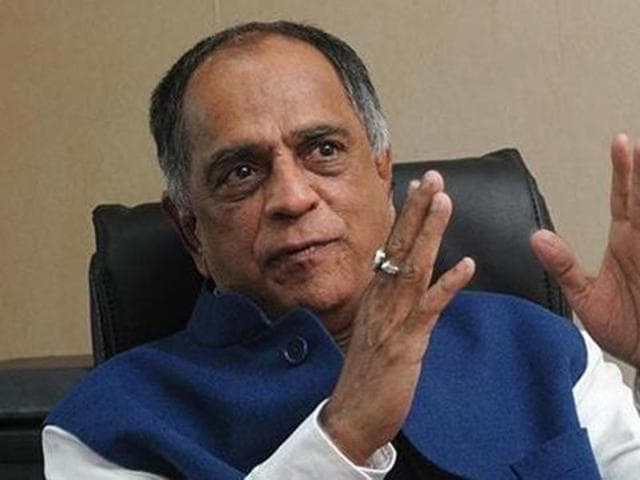CBFC chief Nihalani accused of trying to ‘gag’ members
Sparks flew at the board meeting of the Central Board for Film Certification (CBFC) on Friday as a section of members accused chairperson Pahlaj Nihalani of trying to gag them and take arbitrary decisions.
Sparks flew at the board meeting of the Central Board for Film Certification (CBFC) on Friday as a section of members accused chairperson Pahlaj Nihalani of trying to gag them and take arbitrary decisions.

The meeting was held in Mumbai after a gap of a year.
Sources told HT that Nihalani walked out of the meeting for a brief while but was persuaded to return.
“Some of the board members were upset with Nihalani for trying to seek consent of administrative decisions, such as the installation of CCTVs in the CBFC office retrospectively. They had not been informed of these decisions,” a source sad.
But it was the recent contentious decisions of CBFC, such as suggesting cuts in films, which forced filmmakers to seek legal recourse (as was the case in Udta Punjab) that elicited protests from members. Most of them complained that the Board, which is responsible for certifying films, was overstepping its brief by imposing censorship.
A few board members — filmmakers Ashoke Pandit, Chandraprakash Diwedi and TS Nagabharana — were also upset with Nihalani for trying to “gag” CBFC members.
Sources said Nihalani had written a letter to Nagabharana, seeking an explanation as to why he had appeared on television debates during the Údta Punjab controversy without seeking the Board’s consent.
A controversy had erupted after the CBFC suggested as many as 89 cuts in the movie and also asked for a change in its title. “The members protested that the chairperson was trying to control the board and muzzle their freedom of expression. They pointed out that the board rules do not bar them from speaking in public,” the source explained.
Some members also disagreed with the chairperson’s orders asking all filmmakers to submit their work for certification on a digital cinema package (DCP) format, which is a digital compilation of a 35-mm film.





